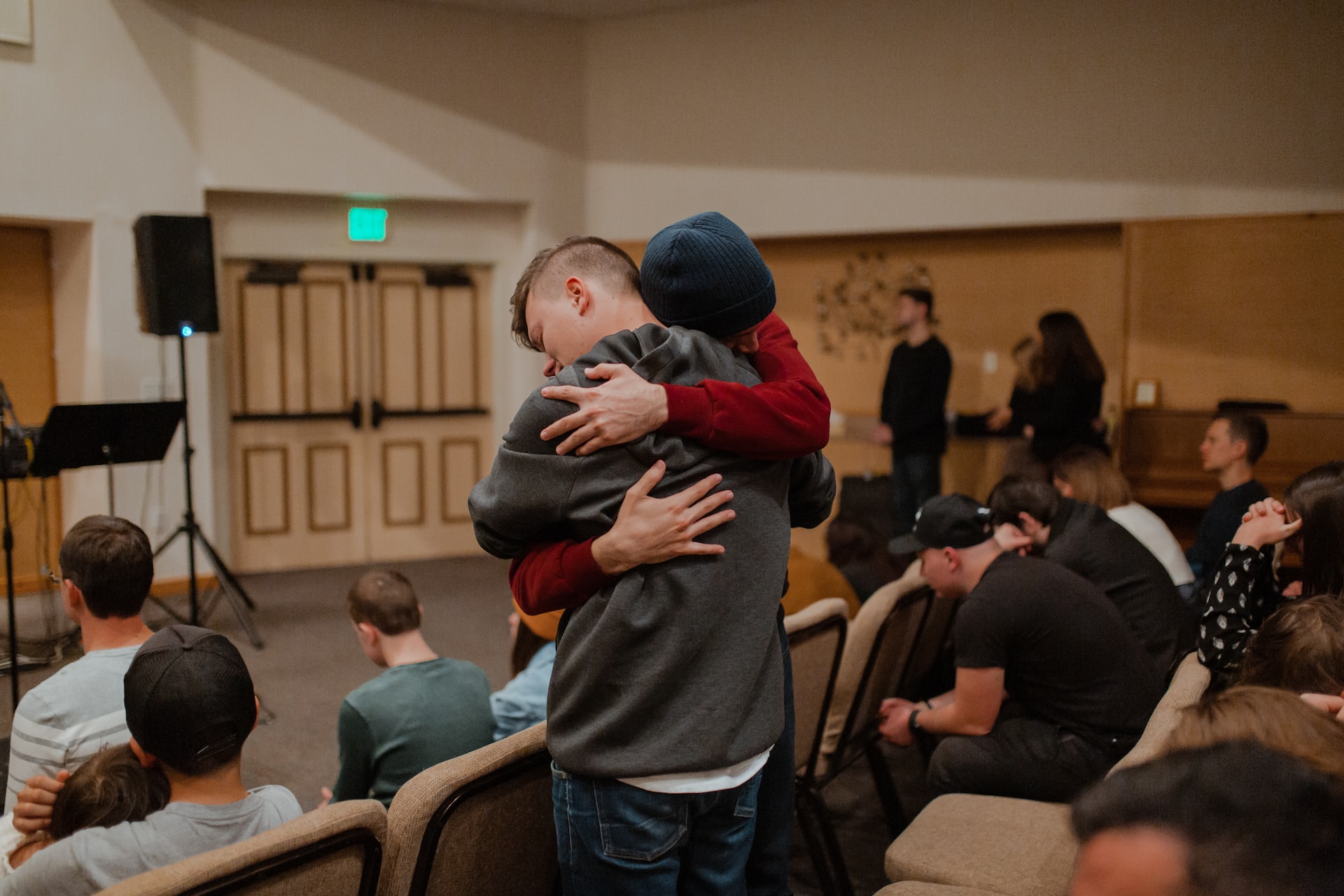
Post-Traumatic Stress Disorder (PTSD) is a complex and challenging condition that can affect individuals who have experienced traumatic events. While the journey to healing from PTSD can be difficult, there are various effective methods and strategies that can aid in overcoming its impact on mental health and overall well-being. In this article, we will explore and describe empowering methods to address PTSD so that the recovery process would be easier to start with.
Cover photo by adrianna geo
Psychotherapy – The Backbone of Healing
Psychotherapy, particularly trauma-focused therapies like Cognitive Behavioral Therapy (CBT) and Eye Movement Desensitization and Reprocessing (EMDR), is considered a cornerstone in PTSD treatment. Trained therapists provide a safe space for individuals to process and explore traumatic experiences, identify triggers, and develop coping mechanisms to manage PTSD symptoms effectively.
Medication – A Complementary Approach
In certain cases, medication can be beneficial as part of PTSD treatment. Antidepressants and anti-anxiety medications can help alleviate symptoms such as depression, anxiety, and sleep disturbances. It is essential to work closely with a healthcare provider to find the right medication and dosage that suits an individual’s needs.
Mindfulness and Meditation – Anchoring in the Present
Mindfulness practices, such as meditation and deep breathing exercises, are valuable tools to ground individuals in the present moment and reduce feelings of distress. By cultivating mindfulness, individuals can develop resilience and regulate emotions more effectively.
Support Groups – Shared Experiences, Shared Healing
Participating in PTSD support groups can provide individuals with a sense of belonging and validation. Connecting with others who have experienced similar challenges can offer encouragement, mutual understanding, and a safe space for emotional expression.
Physical Exercise – Nurturing the Body and Mind
Regular physical exercise, such as yoga, running, or swimming, can significantly impact mental well-being. Physical activity releases endorphins, which promote a positive mood and reduce stress, enhancing an individual’s overall resilience to cope with PTSD.
Creative Arts Therapy – Expressing Through Creativity
Engaging in creative arts therapy, such as art, music, or dance therapy, allows individuals to express their emotions and experiences in nonverbal ways. Creative expression can be particularly beneficial for individuals who find it challenging to articulate their feelings verbally.
Nutrition and Sleep – Foundational Pillars of Healing
A balanced and nourishing diet, coupled with adequate sleep, plays a crucial role in managing PTSD symptoms. Proper nutrition and quality sleep contribute to improved emotional regulation and overall well-being.
Pet Therapy – The Power of Animal Companionship
Pet therapy, or interacting with therapy animals, can offer comfort and emotional support. The companionship of animals has been shown to reduce anxiety and stress, promoting a sense of calmness and safety.
Self-Care – Prioritizing Personal Well-Being
Encouraging individuals to practice self-care and prioritize their well-being is paramount in PTSD recovery. This may involve setting boundaries, engaging in hobbies, or dedicating time to activities that bring joy and relaxation.
Safety Planning – Empowering Resilience
Developing a safety plan, often with the guidance of a therapist, is a crucial aspect of PTSD recovery. A safety plan includes coping strategies for managing distressing situations and contacts for emergency support.
Seeking Professional Guidance
Throughout the journey to overcome PTSD, seeking support from medical professionals is essential. Qualified mental health providers can offer personalized treatment plans, monitor progress, and adapt the approach as needed. Consulting with healthcare professionals ensures that everyone can receive comprehensive care, tailored to their specific needs and circumstances.
Conclusion
Overcoming PTSD is a journey that requires courage, resilience, and the support of qualified professionals. The methods and strategies discussed in this article, such as psychotherapy, mindfulness practices, support groups, and physical exercise, provide valuable tools for individuals working toward healing. However, it is vital to emphasize the significance of seeking support from medical professionals throughout the recovery process. Working with qualified therapists and healthcare providers ensures that individuals receive appropriate treatment, monitoring, and guidance to navigate the path toward healing and reclaiming their lives.
PTSD recovery is a process of growth and transformation, and with the right resources and support, individuals can build resilience, rediscover their inner strength, and move forward toward a brighter future


